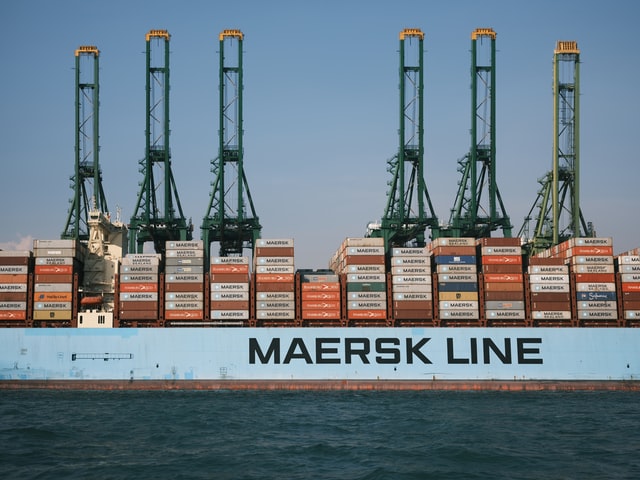
Free Trade has Made Corporations too Powerful
Article by Joshua Rowe
Photo by Galen Crout on Unsplash
Free trade promised to make the world more prosperous, yet since its ascendancy in the 1970s ordinary people’s real incomes have fallen and most countries’ debts as a percentage of GDP have grown. Something, somewhere, therefore, has gone wrong. And that something is the excessive power corporations hold in a globalised market, the power that’s enabled them to pick up most of the wealth created in the world during the last few decades, at the expense of working people across the world but especially in the global north.
In his book The Corporation, Joel Bakan defines a corporation as a business owned by shareholders and run by managers, and claims they’ve dominated the business world since the early twentieth century. While recording the history of corporations, Bakan writes that government regulation and trade union power meant the balance of power between governments, workers and corporations were fairly even during the postwar consensus era. Bakan’s book suggests that corporations have since become the world’s most powerful economic institution, and even some on the right are now concerned about their power.
But how did they become so powerful? Mainly because, for multiple reasons, outsourcing work in the global south has become easy. Bakan explains that there’ve been improvements in transportation and communication and a supply of cheap labour exists in the global south, meaning that when import tariffs are low it’s cheaper for corporations to produce goods abroad and then transport them to be sold in the global north. And since 1945 tariffs have plummeted, with the (unelected) World Trade Organisation (WTO) pressuring governments to adopt globalist trade policies against their will according to Dani Rodrik. Rodrik claims the WTO is heavily influenced by major banks and transnational corporations, helping explain both why they invariably benefit from free trade and why organisations like the WTO support free trade so powerfully, so strongly and so consistently that it’s hard to not consider them dogmatic.
This pressure isn’t the only reason the power of governments relative to corporations has weakened. Economic globalisation means businesses can move operations around the world freely, creating a ‘race to the bottom’ in terms of tax rates, workers’ rights and environmental regulations, with the losers of this race unable to attract any meaningful level of investment. The real winners of this race are corporations, as Bakan explains it forces governments to adopt neoliberal economic policies at home.
Free trade, therefore, forces governments to remove many of the protections they afford to that nation’s workers. But they also weaken the power of workers within the market, as explained by John M Culbertson: in practice, it moves demand for labour to countries where wage rates are lowest, and even if countries with higher wage rates are more efficient, efficiency cannot offset the difference between a wage rate of £10 an hour and a wage rate of £1 an hour. This outsourcing reduces demand for labour in the west and increases the supply of labour available to multinational corporations, making them very powerful relative to workers in the job market, which Culbertson correctly warned will both increase unemployment rates and reduce wages. With market forces geared against them and government protections stripped away, those lucky enough to have a job are forced to accept low wages.
While some argue the effects of raw market forces have been softened by corporations’ desire to be, or at least appear, socially responsible, Bakan disagrees and writes extensively about the reality and significance of corporate social responsibility (CSR). For it to be in the best interests of these profit-oriented institutions to be socially responsible, the impact of being irresponsible on consumers’ willingness to buy their products needs to be higher than the cost of being socially responsible. Although consumer groups have created a situation where businesses do need to appear ethical, many large firms, such as Shell, are able to act unethically in the countries where they produce goods, meanwhile appearing ethical by acting so in the countries where they sell goods, meaning free trade strengthens corporations’ power to exercise their power unethically.
Economic globalisation, facilitated by globalist trade policies, has increased corporations’ power relative to workers and governments to a damaging level. Globalist trade policies, therefore, need to be overturned, and trade policies set by governments, balancing the views and interests of workers and businesses rather than endorsing an approach advocated by those who will never have to fear their job being outsourced, or their protections stripped away in the name of international competitiveness.
Footnote
Further links to the work referred to can be found here:
Joel Bakan https://www.whatyouwilllearn.com/book/thecorporation/
John M Culbertson https://hbr.org/1986/09/the-folly-of-free-trade
Dani Rodrik https://www.ft.com/content/c2beedfe-964d-11e8-95f8-8640db9060a7

0 Comments